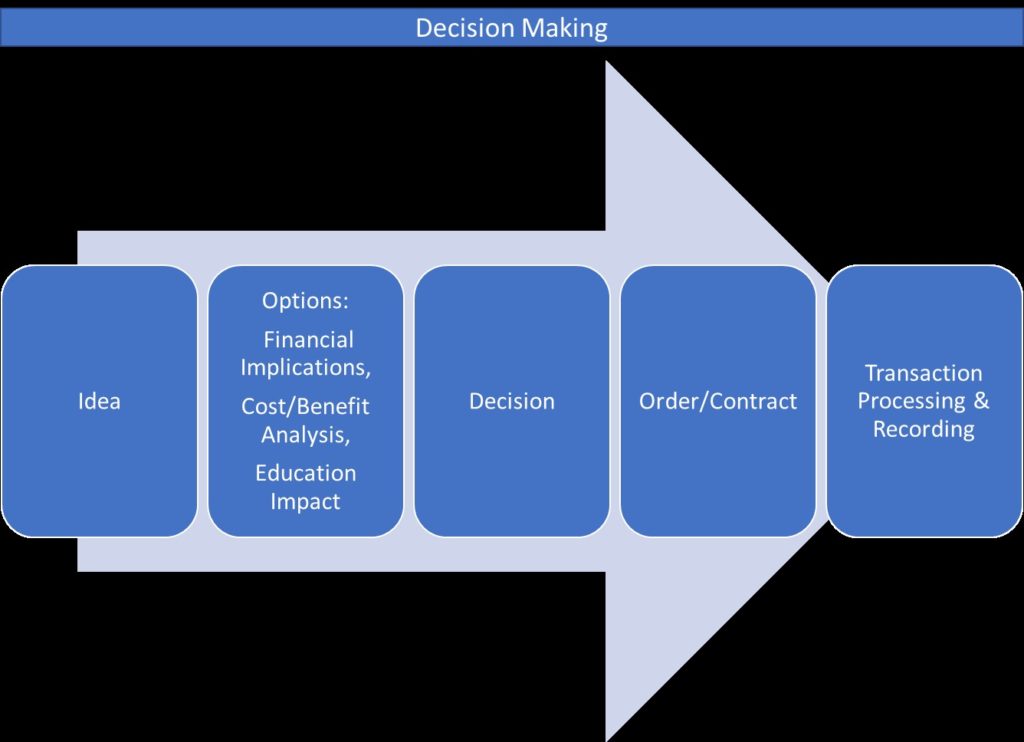
Is the finance function in your school considered to be vitally important – or is it a seen as just a ‘bolt-on’, process-driven afterthought? Paul Leigh, CFO at Focus-Trust, explores this very topic – and why those dealing with finance must be at the forefront of all decision-making
There is little doubt that school budgets continue to be tight, and that the role the finance function in supporting school improvement is more important than ever; as such, high-quality financial support should be on the agenda of school leaders. The role of the finance team has long since moved on from its traditional, back-office ‘bean-counting’ roots and now encompasses more of a ‘business partnering’ approach where the team works alongside school leaders, shoulder-to-shoulder, supporting them in making the best decisions possible in the interest of pupils.
Many schools have grasped the opportunities to improve the efficiency of accounting operations by integrating financial systems, using electronic workflow, consolidating the number of suppliers and transactions and using modern reporting tools – and now, many are taking this a step further by transforming the decision-making support aspect of the financial support role.
How financial support fits in
In this new world financial support can no longer be seen a ‘bolt-on’ function to the rest of the school, otherwise it risks becoming disconnected from the decision-making that drives school costs and income. Instead, the best finance functions act as a fully-integrated ‘business partner’ getting involved in key decisions at an early stage; after all, there is usually a financial implication to each decision!
So, to provide a real value-adding service to school leaders, the finance team should really be involved in the decision-making process, and not just seen as processors of transactions resulting from these decisions. I am not suggesting that finance is involved in every decision; just the key ones and whatever works for each school in its own context. Let’s take a simplified look at the decision making process in the chart below. <box out>

In relation to this, which stage of the process do you think is best for financial support to become involved? My view is the earlier the better and, ideally, at the ‘idea’ stage. Each stage shapes the next stage and, thus, if finance involvement is allowed to help at each stage, the more likely it will be that the final decision is better-informed.
In particular, finance support can bring an extra layer of early challenge, an understanding of implications of decisions (such as costs, benefits, cash flow, profitability and funding sources). Finance staff can also use their wide understanding of different aspects of the school operations, and their analytical skills, to help develop each stage in the decision-making process, so the end result is a more workable, practical and affordable solution.
This type of business partnering support can add real value and build upon strong support foundations and, of course, all financial transactions, such as paying invoices or collecting cash, still have to be well-controlled and processed in a timely and accurate manner.
Thinking ahead
There are also added benefits to getting involved in the decision-making process early as this can lead to conversations about resource allocation and how the school’s income is spent or allocated. It is important to avoid budgets merely becoming based on ‘last year’s plus’ and, thus, denying any opportunity to re-think priorities and re-allocate the available resources to ensure optimum educational impact.
Financial plans should be integrated with educational development plans, staffing plans, IT plans and building plans – and must never become disconnected from these. When thinking about activities and impact, it is helpful to think about the link from the money used to fund an activity through to the final educational impact; this is not easy, and remains challenging, but the better the line of sight from money to impact, the better-informed decisions will be.
Finally, getting involved in the early stages of decision-making helps build those important relationships in school and increases the visibility of the finance function, and value it can bring.



Be the first to comment